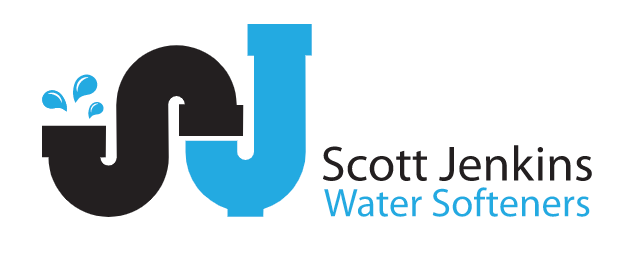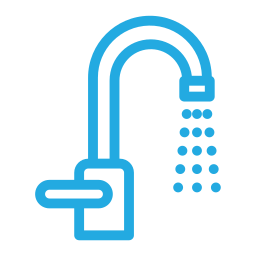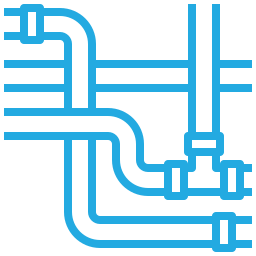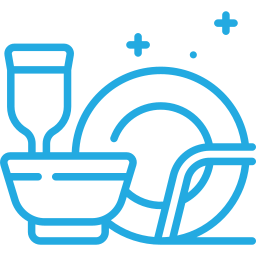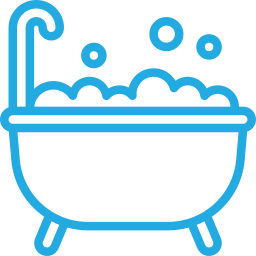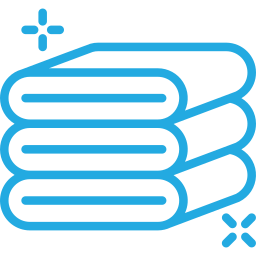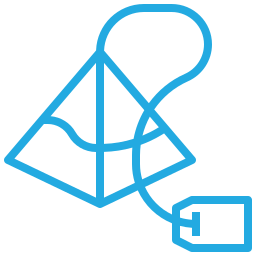Exposed: The UK’s disease-ridden, life-threatening Toxic Water
Short story | Full story | Conclusion
-
The toxic, life-threatening state of Britain’s rivers makes front page headline news in the national press.
-
Multiple cases of disease-causing diarrhoea from parasites in the water supply, following a UK Health Security Agency investigation.
-
Millions of tons of raw sewage pumped into Lake Windermere.
-
Campaigners call for urgent Government action as traces of e.coli bacteria, viruses, toxic chemicals and even radioactive substances found in rivers and water supply across the country.
-
Scott Jenkins Water Softeners verdict: It’s more important than ever to only drink filtered water – and to avoid drinking anything from the mains
The parlous state of Britain’s water ways has been exposed following an investigation by the UK Health Security Agency (UKHSA). Across the country, they’ve uncovered a number of horror stories about toxic, life threatening substances in rivers and lakes, including traces of e.coli bacteria, viruses, toxic chemicals and even radioactive substances.
Campaigners are warning that lives are being put at risk, as pressure mounts on the Government to make the country’s waterways safe.
Meanwhile Scott Jenkins, founder of Scott Jenkins Water Softeners, has said the latest UKHSA investigation provides cast iron proof that consumers should avoid drinking mains supply tap water and, instead, stick to filtered water, which will remove most known contaminants.
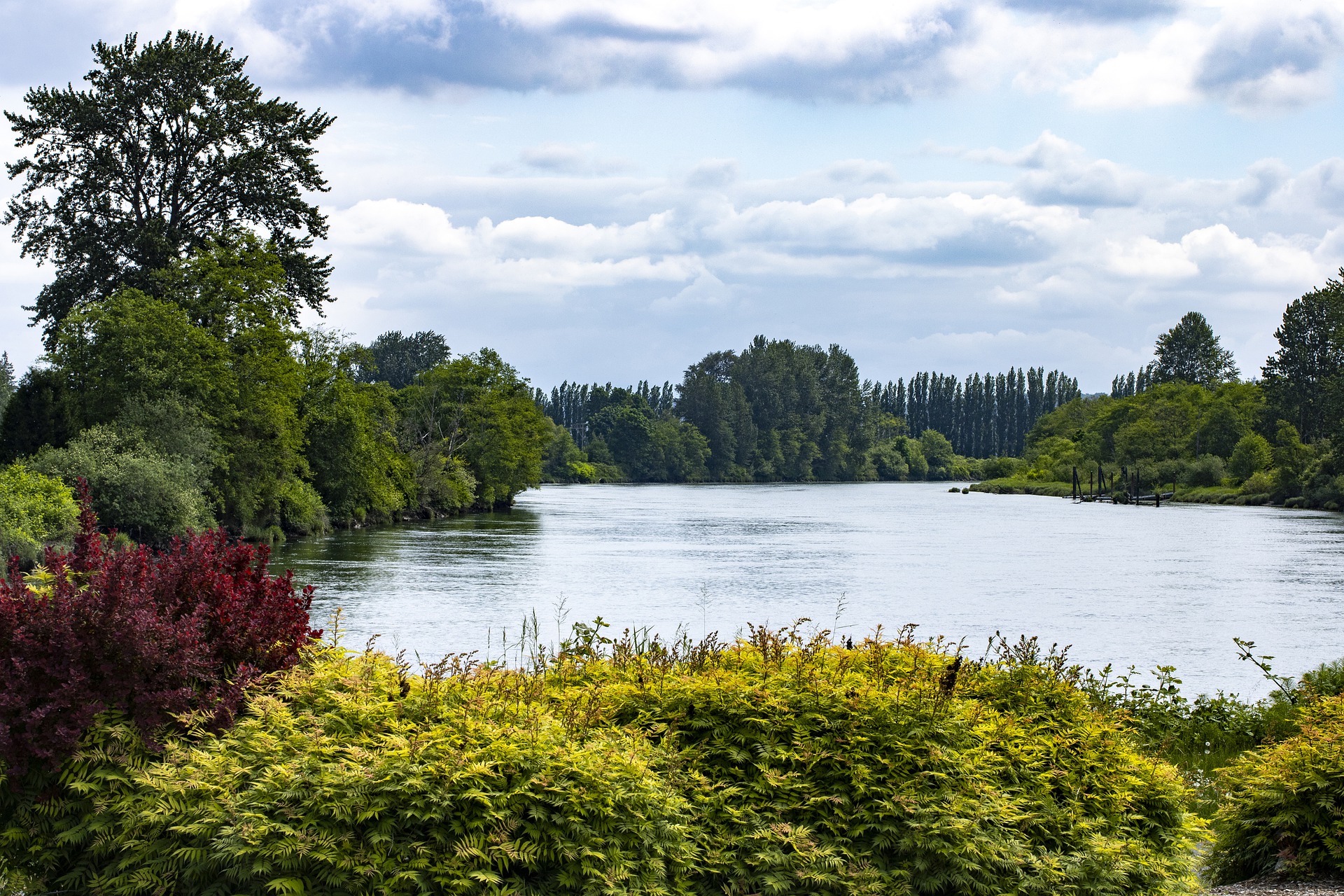
The full story
The shocking state of Britain’s “toxic” rivers has been exposed following an investigation by the UK Health Security Agency (UKHSA).
The report, which made front page headline news in the i newspaper, listed evidence of illegal sewage being dumped in waterways and the presence of parasites in taps.
These abysmal findings add further weight to Scott Jenkins Water Softeners’ consistent stance that, as consumers, it’s imperative to only drink filtered water, to avoid potentially huge health risks.
The latest bad water quality revelations concerned the South-West Water region, where there have been 22 reported cases of “a disease-causing diarrhoea”, after UKHSA found traces of the dangerous cryptosporidium parasite in the water supply. If that wasn’t bad enough, it also emerged in the same newspaper report that “millions of tonnes of raw sewage” had been pumped into Lake Windermere – for ten hours non-stop. The fault had gone unreported for all that time, as toxic waste spewed across one of the country’s most cherished bodies of water in the Lake District.
And these incidents aren’t isolated. The paper reported that a cross-party panel of MPs was recently informed of water samples that had been taken from rivers and lakes across the country with “traces of e.coli bacteria, viruses, toxic chemicals and even radioactive substances.”
The founder of River Action UK, Charles Watson, told the Environmental Audit Committee that tests in the River Thames, leading up to last month’s Oxford-Cambridge Boat Race, had discovered e.coli levels that were “off the Richter scale for the public.”
He added: “As temperatures are warming up, tens of thousands of families are going to be in the rivers, on our beaches, going to lakes. I’m not exaggerating, somebody is going to die because of this pathogen level.
“Nobody seems to be interested in it. The water companies won’t give any public health guidance on it,” and nor will the Environment Agency,” Mr Watson said.
No monitoring of pathogens in rivers
Campaigners have warned that given the level of pathogens in our rivers, “someone is going to die” whilst swimming in the worst affected waterways.
According to Dr Rob Collins, Head of Policy and Science at the Rivers Trust, there is currently no monitoring of the pathogens in rivers, including cryptosporidium which spreads waterborne disease.
In what has been described as a “modest start”, Government ministers have just announced that 12 river systems are to be tested, to see if they are safe for swimming. As a comparison, France has 575 bathing approved river sites.
The issue of sewage dumping in the UK’s waterways has become a major election battleground in some parts of the country. To add to consumer water woes, this comes at a time when they are facing increased water bills from industry operators.
Scott Jenkins Water Softeners verdict: “It’s an absolute disgrace”
Commenting on the latest reports of widespread river pollution, Scott Jenkins described the latest reports of widespread river pollution as “an absolute disgrace.”
He said: “As we have been warning for some time, the quality of the mains supply drinking water across the UK is extremely worrying. Sadly, this very much includes the area in which we operate in the south-east of England, incorporating West and East Sussex, Hampshire, Dorset, Surrey and London.
“People are losing their lives from diseases associated with poor quality water. And it’s not just us humans. What about our pets? Dogs and horses drink water from many water sources that are almost certainly contaminated. Yet nothing seems to be happening to improve what is becoming an increasingly dangerous situation for all our livelihoods,” Scott continued.
“Until or unless the Government of the day takes decisive action, the only sensible advice is to avoid drinking tap water. Boiling water does help but this isn’t always practical. The best protection against all the known contaminants and harmful bacteria in the mains supply is to drink filtered water,” Scott advised.
Conclusion
At Scott Jenkins Water Softeners, we are passionate about water quality Drinking properly filtered water is the best way to protect yourself from harmful contaminants in the mains supply.
Our superb range of reverse osmosis filtration products, together with a great selection of activated carbon filters, are designed to suit all budgets. We cover West Sussex, East Sussex, Surrey, Hampshire, Dorset and Greater London. For all enquiries, call SJ Water Softeners on 01243 607494 or via email: scott@sjbs.info
For further reading go to:
UK’s toxic water: illegal sewage, parasite in taps – and higher bills on the way (inews.co.uk)
